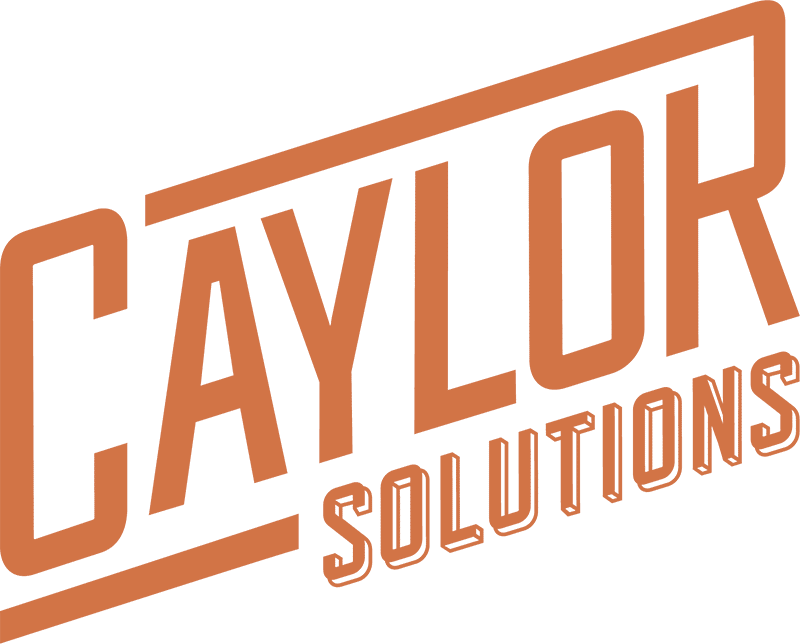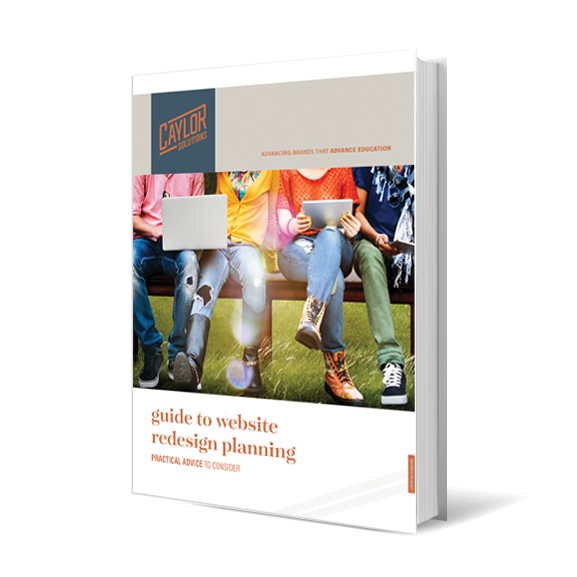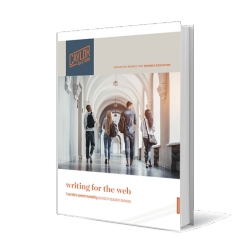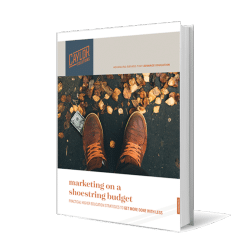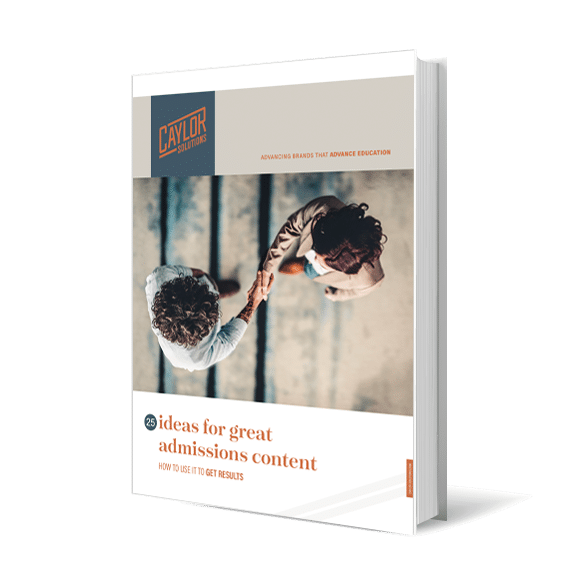The educational landscape is rapidly changing, and it’s crucial for colleges and universities to keep up by shifting their focus towards non-traditional students.
This diverse group includes working adults, parents, and those jumping back into education later in life.
They are an important demographic because they’re often highly motivated and come packed with life experiences that enrich the campus culture.
By effectively reaching and enrolling more non-traditional students, institutions don’t just bump up their numbers; they also bring a richer, more varied set of perspectives to their community.
When it comes to marketing to non-traditional students, the old school playbook just doesn’t cut it.
Traditional ads and the usual college marketing spiels don’t really speak to folks who are juggling jobs, kids, and their education all at once.
Schools need to think through their marketing strategies—think targeted digital ads, savvy social media use, and personalized emails that highlight flexible course schedules, online classes, and support services like childcare.
It’s about showing potential students how education can fit into their already busy lives, not the other way around.
Now more than ever, learning needs to be functional for the non-traditional student.
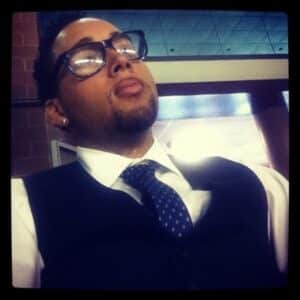
As the new Dean of Diversity, Inclusion, Equity, and Transformation (DIET), Troy wants to make sure every student’s voice is heard.
In this episode of The Higher Ed Marketer podcast, we shed light on the importance of the non-traditional experience.
A Different Degree Pathway
In the podcast, Troy Brown discusses the evolving needs of today’s learners, who come from increasingly diverse backgrounds and carry varying responsibilities that traditional educational paths may not accommodate.
Along with his team at UWLA, Troy is building pathways to degree completion through certificates. He explains…
We have a lot of partnerships with businesses.
Non-traditional students usually are working adults. So, we’ve got partnerships with businesses such as the 99 Cent Store, Bank of America, and The South Central Los Angeles Regional Center.
All of these have working professionals who oftentimes might just want a certificate in their specialty within their department. Once they take the three classes with us, they’ve earned their certificate, whatever it might be.
[On the marketing side then, we come and say], “Hey, you’ve already taken these three classes with us. You’re only so many classes short of a degree. Why not just continue on with us and finalize that degree?”
They’re already with us. The employer sees value in the education we offer. We make sure to tailor the education and use examples of how it might fit within their current job, within their current department, and how they can use it the next day at work.
From there, we hope they trust in us as a brand and the marketing that we’ve done. So, they decide to finish whatever the degree, whether it be the bachelor’s completion or the master’s degree, with us.
This underscores that flexibility that adult students want to see in our academic programs.
Most non-traditional students are working. They’re juggling life, parenthood, their jobs—and they need the education to get to the next stepping stone.
But for so many of them, the idea of committing to the time it takes to complete a bachelor’s degree is not in the realm of possibility.
But with this approach, UWLA is not only giving out certificates. They’re going beyond that to helping non-traditional students stack on top of the work they’ve already done.
In this way, the certificate has even more value.
Life: Higher Ed’s Biggest Competition
Brown candidly discusses how everyday life challenges often overshadow the pursuit of education.
He suggests that by understanding these challenges, institutions can create more engaging, feasible educational options that fit into students’ lives rather than compete with them.
[Non-traditional students need to] see a value add.
Oftentimes in education, the non-traditional student has gotten by and has been okay without [more education].
They have their job. They found a lifestyle that they’re comfortable with.
[We in] marketing come in and have to show them the benefits of our products. We want to show that this product, this education, is a value added to help your lifestyle and to help increase the benefit that your employer sees in you.
Getting the adult student to see your education offering as a value add to their life is crucial.
Too often, we are mistaken about our true competitor.
So many schools get all wrapped up in, “Who are our biggest competitors?”
Too many of us think our competitor is the school down the road, online education, or even a for-profit school.
But when it comes to non-traditional students, the real competitor is just life.
Their life and their situation keep getting in the way of their academic goals.
This is something we’re actually trying to change within my department. To be honest, we are what I call the “ambulance chaser” type of university.
However, at the same time, I do find that the biggest barrier to entry is life.
How do you walk the line of “ambulance chasing” and [being encouraging]?
Sometimes, encouragement needs to be multiple times in the week. They need to see the value.
Because we all have life [challenges]!
For me, the non-traditional students is anybody who just lives life and might have [challenging] circumstances like financing, timing, or flexibility in their schedule.
A Relational Versus Transactional Campus
At the heart of Brown’s vision is a transformation from transactional to relational campus experiences. By fostering relationships and listening to student feedback, universities can create environments where every student feels valued and heard.
Oftentimes you go to these big schools, (I went to big one.), and you didn’t really feel heard. You didn’t really feel heard or seen.
We are a family. That is our mission.
If any family member is feeling some sort of way, we reach out to them. We make sure that everybody is able to say their piece. That doesn’t mean that somebody’s right or wrong, but rather that everybody’s heard.
The equity and the transformation is one and the same to me where people can only change if they’re equitably treated.
That takes a lot of work! It can’t be an afterthought. It must be a concurrent thought.
And so that goes across the board. Our academics, our deans, are always thinking of how to equitably treat our students to make sure that everything is done fairly. All of those things are going to make the student feel [heard] and help them reach their goals.
Besides making sure non-traditional students feel heard, students should feel like they have a school that has their back, an institution that will hold their hand.
The reality for non-traditional students is that they are scared.
They haven’t been in a classroom in a long time, and they doubt their capacity to finish their degree with flying colors.
That’s where our marketing messaging can step in and bring the encouragement they so desperately need.
We’re not transactional. We’re [about] relationships.
Basically, a transaction is a quick “this for that.”
We want to build relationships. Our faculty does a great job [at this]. Our dean does a great job of building these relationships with students where they don’t feel alone.
[We are a school where you] can text the dean of our school at 09:00 p.m. At 10:00 p.m., I can email our head of faculty or my professors, and they will respond.
Our faculty, whether it be in the school of business or the school of law, does an amazing job hand-holding the student where necessary, while pushing the student where necessary.
The Key to Marketing to Non-traditional Students
It doesn’t matter if you’re talking to adult students, non-traditional students, parents, influencers—whoever it is—everybody just wants to be heard!
It takes intentionality, planning, and a community that you’re willing to foster and build to make this happen.
When you do that, you’re going to build communities on the campus that foster greater results in your enrollment marketing.
You’re going to build those opportunities that you wouldn’t have if you just treat everything transactionally.
Discover more when you listen to the podcast!
Like all of our blog post reviews of The Higher Ed Marketer podcasts, there’s so much more to learn in the podcasts themselves.
Listen to our interview with Troy Brown to get even more insights into:
- [6:06] A different degree pathway
- [11:08] Why higher ed’s biggest competition is life
- [24:43] Bitesize courses and certificates
- [40:57] A relational versus transactional campus
Chasing Mission Fit
A Marketing Guide To Fill Your Institution With Students Who Will Succeed.
The essential marketing book every higher education institution needs! If you are a higher education marketing professional seeking a fail-safe plan to make your institution stand out, “Chasing Mission Fit” is your guide.
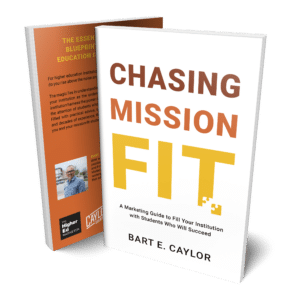
-
- Precisely target your ideal student
- Craft a compelling brand for your institution
- Implement a proven marketing strategy from 30 years of expertise
So you can empower your institution with audience-focused marketing strategies, and attract mission-fit students who will flourish in your unique academic environment.
Ready to transform your institution’s marketing approach?
Order now!
Featured image via uwla.edu
